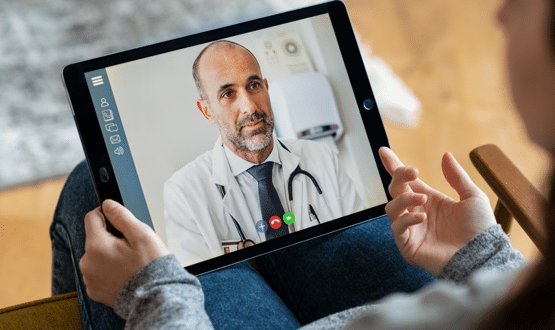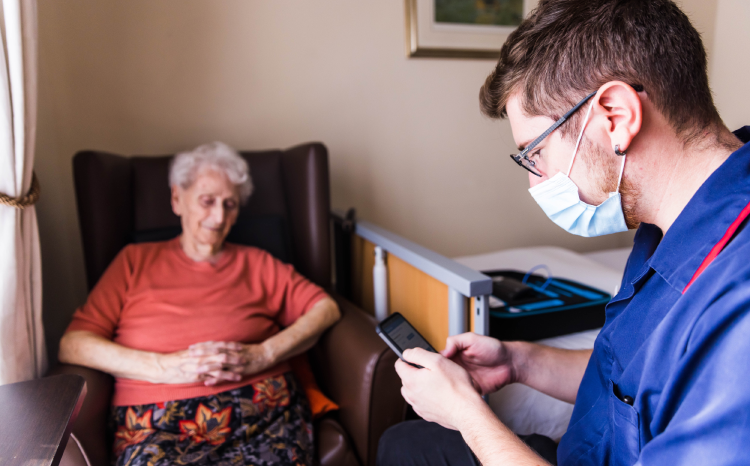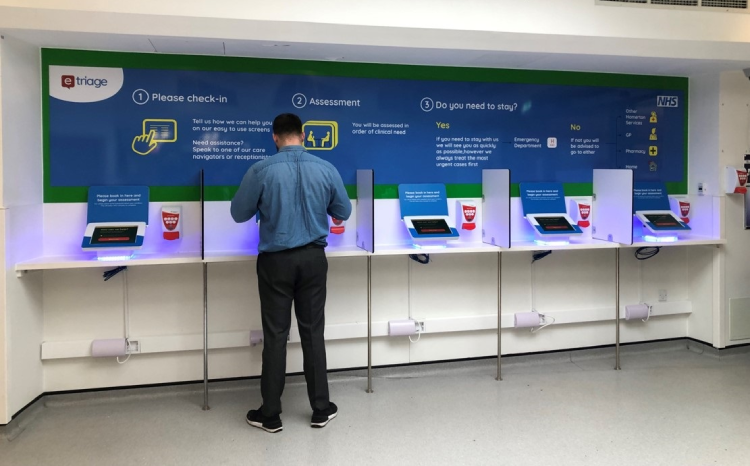Patient harm linked to GP tech is ‘underreported’, says report
- 29 July 2024

- HSSIB investigation found that GP online consultation tools had contributed to patient safety incidents
- It also found evidence that incidents of patient harm had been underreported
- Recommendation for NHSE to evaluate the patient safety risks associated with GP tech
Patient safety incidents relating to the use of online consultation tools by GPs have been underreported, according to an investigation from the Health Services Safety Investigations Body (HSSIB).
HSSIB launched an investigation in June 2023, exploring whether online consultation tools have contributed to risks to patient safety.
The findings are included in the report ‘Digital tools for online consultation in general practice’, published on 25 July 2024.
Researchers carried out focus groups with 35 patients, representing 16 general practices and primary care networks across England.
They also visited or remotely engaged with general practices, primary care networks, local medical committees, and integrated care boards (ICBs).
Nick Woodier, senior safety investigator at HSSIB, said: “We heard from patients and general practices about their safety concerns with online consultation tools.
“While evidence of harm related to online tools may currently be limited, there is an opportunity to proactively explore and address risks to patient safety as the use of these tools increases”.
Researchers identified a limited number of reported serious incidents related to online consultation tools on the Strategic Executive Information System, conflicting with what GPs and patients had described, and suggesting that incidents were not always reported.
HSSIB recommends that NHS England undertakes an evaluation of the patient safety risks associated with online consultation tools and develops mechanisms for assuring that integrated care boards support general practices when implementing these tools.
In response, a spokesperson for NHSE told Digital Health News: “Some patients choose remote appointments where it is clinically appropriate and more convenient for them, but every GP practice must also offer face-to-face appointments where patients want or need them.
“Keeping patients safe is a priority for the NHS. Our online consultation methods have been through extensive safety assessments, and there are robust mechanisms in place to report and investigate in the extremely rare case of safety incidents”.
Commenting on the report, Professor Kamila Hawthorne, chair of the Royal College of GPs, said that it was important that the use of technology did not detract from delivering safe care.
She added that although online triage systems worked well for some practices and patients, if they did not work they could have “very serious consequences”.
“There is clearly a place for technology in healthcare, but when it is introduced, it is essential it is done so safely and in a way that both helps patients to access our care and services, and helps practices manage the escalating demand for them,” she said.
In June 2024, NHSE announced the cancellation of its £300m digital pathways framework, which was aimed at driving modern general practice model by connecting ICBs with approved suppliers for digital GP tools for messaging, consultations and care navigation.




